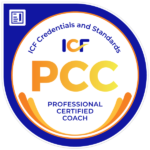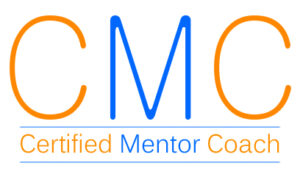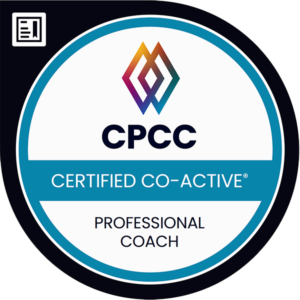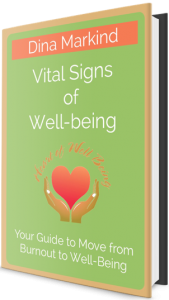Perfectionism is a theme that comes up over and over again in my work. Physicians and nurses frequently need to be perfectionists in caring for patients. The attention to detail with minimal if any room for error can be intense and exhausting. It also can wreak havoc when it spreads to less important areas throughout your life.
What is satisficing? Being able to settle for “Good Enough” without worrying that there may be something better. Being able to meet standards and know when something suffices. Not everything has to be better than well done.
- That parking job, do you really have to be perfectly straight or can being in the lines satisfice?
- Folded laundry, if someone else folded your shirt, do you have to refold it so it is perfectly straight and narrow? Could neatly folded satisfice?
Where does your perfectionism show up when it’s not needed? The above examples may sound trivial and yet they reflect how perfectionism can interfere with daily activities.
Going for Good Enough is not a reason to slack off and drop your standards. It is way for you to be open to gradations, like creating a scale:
- Unacceptable – Acceptable – Good Enough – Ideal
You have the say in what is satisficing for you. You also get to choose when your perfectionism serves you and others. Remember you have choice.
 Accepting yourself for being human includes accepting that you will make errors. The flip side is that you also get to experience the thrill of doing a job, hobby or relationship extraordinarily well. Perfection is a myth. You may want to excel and exceed the norm in some areas. While this may be admirable, it is also something that requires realistic optimism.
Accepting yourself for being human includes accepting that you will make errors. The flip side is that you also get to experience the thrill of doing a job, hobby or relationship extraordinarily well. Perfection is a myth. You may want to excel and exceed the norm in some areas. While this may be admirable, it is also something that requires realistic optimism.
Satisficing is liberating; it allows you to deal with the present reality. Knowing that there is a satisfactory alternative allows you to choose without looking for perfection. Satisficers are less likely to experience regret, less buyers’ remorse, even when a better option is presented after a decision. This contributes to your well-being. When you choose satisficing you’ll probably be happier and breathe more easily.
Where do you want to try out a satisficing alternative? Please let us know.
For more ways to overcome perfectionism and develop resilience, contact me.
Dina, Well-Being Coach
203.744.YOU3 (9683)
If you like this post and know others who may enjoy it, please share. If you’re not yet on my list, please sign up at HeartofWellBeing.com to receive articles twice a month.





